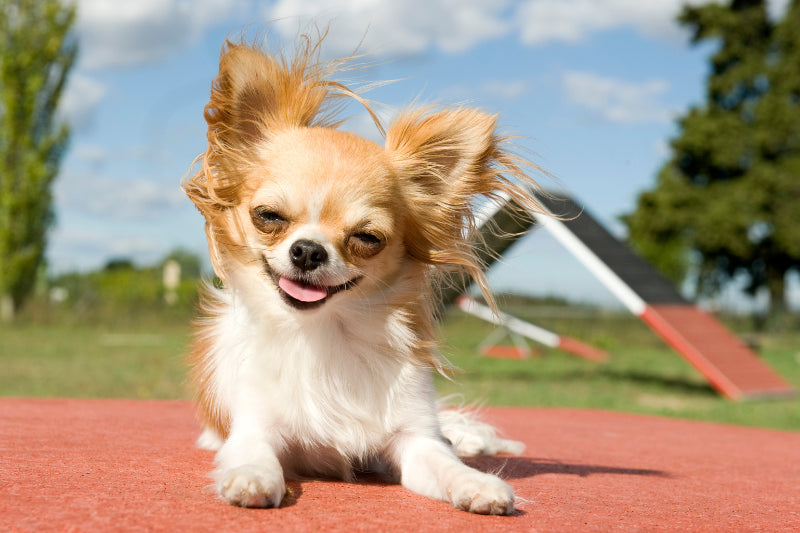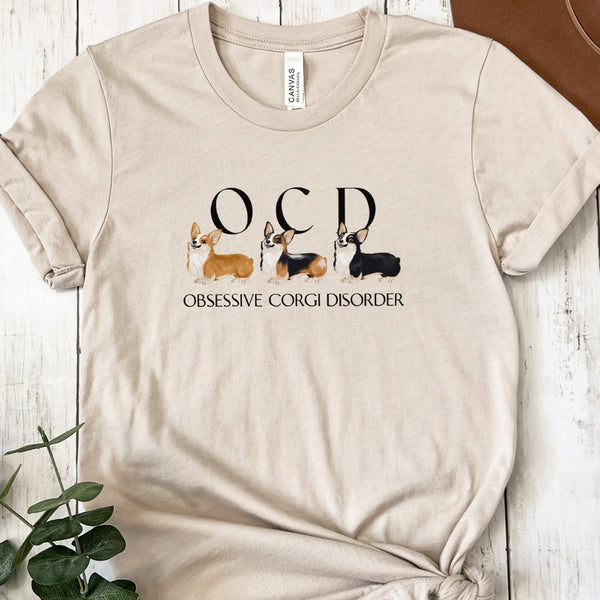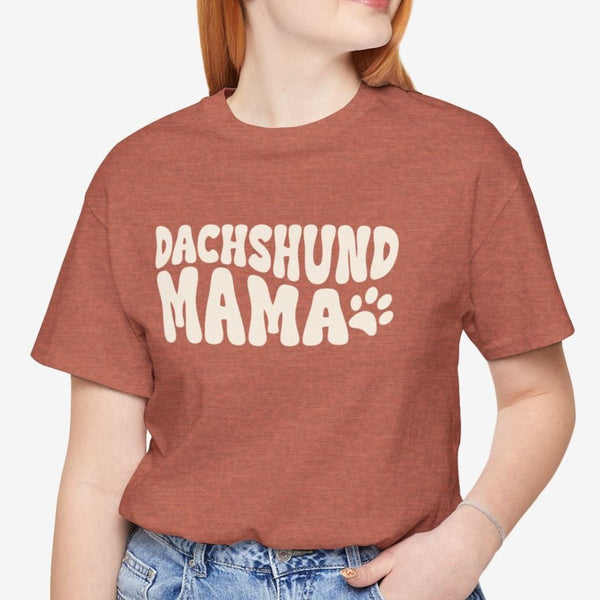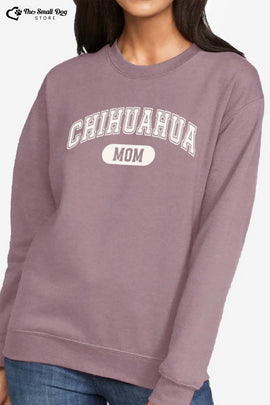The most obedient small dog breeds
Posted by ROBERTO BURALLI

When it comes to choosing a small dog breed, obedience is often a top priority for many pet owners. While all dogs require proper training and socialization, some breeds are known for their natural inclination to follow commands and eagerness to please their owners.
In this article, we'll explore some of the most obedient small dog breeds, including the Chihuahua, Jack Russell Terrier, Bichon Frise, Cavalier King Charles Spaniel, Pug, Toy Poodle, and Miniature Pinscher.
We'll examine the characteristics and traits that make these breeds stand out in terms of obedience and trainability. Additionally, we'll provide valuable insights on the best ways to train a small dog, ensuring that you can foster a strong bond with your furry companion while teaching them essential commands and manners.
Whether you're a first-time dog owner or an experienced pet parent looking for a well-behaved small breed, this article will guide you through the top contenders and provide you with the knowledge needed to make an informed decision when selecting your next four-legged friend.
The Top Obedient Small Dog Breeds
Chihuahua

Chihuahuas are considered to be an obedient breed, although they can be stubborn at times. With patience and consistency, they can be taught to follow commands and obey their owners. They are quick learners and respond well to training.
Jack Russell Terrier

The Jack Russell Terrier is an energetic breed that loves to please its owner. These little dogs were originally bred as hunting dogs, so their instinct is to follow commands and stay focused on their owner. With consistent training, they can learn simple commands relatively easily.
Bichons Frise

Bichons Frises are social creatures that love being around people. They were bred as companion animals, so their natural inclination was to want to please those around them. With basic obedience training, they can quickly learn commands like come, sit, and stay. Just be prepared for lots of cuddles from this loveable breed!
Cavalier King Charles Spaniel

Cavalier King Charles Spaniels have been bred as companions for centuries. These dogs are gentle, and loving and want nothing more than to please their owners. Cavaliers are quick learners and can easily be trained with positive reinforcement methods like treats or praise. Just remember that they need plenty of socialization or they may become sad and withdrawn.
Pug

Pugs have been prized as companions for thousands of years. Pugs were originally bred in China as lapdogs for royalty and noblemen, so it's no surprise that they love being close to their humans. Pugs quickly learn basic obedience commands and can even be trained to do simple tricks. However, they can be stubborn at times, so you'll need patience when working with this breed. But overall, pugs make great pets for those looking for an obedient small dog breed!
Toy Poodle

The poodle is a highly intelligent breed that is easy to train. Poodles were originally bred as water dogs, so they have a natural affinity for learning new tricks and commands. Poodles are also very obedient and loyal, which makes them great family pets.
Miniature Pinscher

The Miniature Pinscher is a small but mighty dog breed. Though they are small in size, they have big personalities and require just as much training as any other dog. With the right owner, the Miniature Pinscher can be highly obedient. The key to training this breed is firmness, consistency, and patience. Those who take the time to properly train their Miniature Pinscher will find a loyal and obedient companion for life.
Related post: Small dog breeds that are good with kids
What is the best way to train a small dog?
When it comes to training a small dog, there are several effective methods you can use. Here are some tips to help you train your small dog:
- Positive reinforcement: Use rewards such as treats, praise, and playtime to reinforce good behavior. Small dogs respond well to positive reinforcement, and it helps motivate them to learn and obey commands.
- Consistency: Be consistent with your training methods and expectations. Use the same commands and cues consistently, and ensure family members or caregivers are on the same page. This consistency helps your small dog understand what is expected of them.
- Start with basic commands: Begin with fundamental commands like sit, stay, come, and down. These commands establish a foundation for more advanced training. Break down the training into small steps and gradually increase the difficulty as your dog progresses.
- Short training sessions: Small dogs have shorter attention spans, so keep your training sessions brief, around 5 to 10 minutes. Frequent, shorter sessions are more effective than long, infrequent ones.
- Patience and positive attitude: Training takes time, especially with small dogs. Be patient, stay calm, and maintain a positive attitude during the training sessions. Frustration can hinder the learning process and negatively impact your dog's progress.
- Socialization: Expose your small dog to different people, animals, and environments from an early age. Socialization helps them become well-adjusted and confident. Gradually introduce them to new experiences, ensuring they feel safe and supported.
- Use appropriate equipment: Choose a collar or harness that fits your small dog comfortably and does not cause discomfort or injury. Use a lightweight leash suitable for their size.
- Crate train your puppy: Crate training is teaching a pet to accept being confined within a dog crate or cage. This method is beneficial for housebreaking and establishing a secure space for your dog.
- Seek professional help if needed: If you encounter difficulties or specific behavioral issues, consult a professional dog trainer or behaviorist who specializes in small dogs. They can provide guidance tailored to your dog's needs.
Remember, training should be a positive experience for both you and your small dog. Bond with them, have fun, and celebrate their progress along the way.
Related post: What Is The Friendliest Small Dog?
Conclusion
When searching for an obedient small dog, consider breeds like the Chihuahua, Jack Russell Terrier, Bichon Frise, Cavalier King Charles Spaniel, Pug, Toy Poodle, or Miniature Pinscher. While breed can influence obedience, remember that each dog has a unique personality, and proper training is essential for a well-behaved pet.
By providing positive reinforcement, maintaining consistency, and being patient, you can help your small dog become a loyal and obedient companion. If you're considering adding an obedient small dog to your family, research the breeds mentioned above and choose the one that best fits your lifestyle and personality.
TAGS:
SHARE:
















